FIFA reaffirms anti-doping commitment at Council of Europe meeting
-
FIFA representatives attend meeting of Council of Europe’s Monitoring Group of Anti-Doping Convention (T-DO)
-
FIFA outlined scaled-up efforts to keep football clean and fair
-
Importance of education at youth level to influence future generations of players also highlighted
FIFA reaffirmed its unwavering commitment to fair play and the integrity of football as a member of the Council of Europe’s Monitoring Group of the Anti-Doping Convention (T-DO) at the body’s latest gathering in Strasbourg, France.
Delegates at the two-day meeting heard from Alexis Weber, FIFA’s Head of Anti-Doping, and Annaliza Tsakona, FIFA’s Senior International Relations & Public Affairs Manager, about how FIFA has stepped up its efforts to ensure that its competitions remain fair.
“FIFA would like to reiterate its commitment to continuing our close collaboration with the Council of Europe – under the memorandum of understanding signed in 2018 – as well as with governments and political institutions around the globe,” Ms Tsakona told attendees, consisting of representatives of the Council of Europe and Council of Europe member states, parties to the Anti-Doping Convention and observers from international sports federations.
“It is through collaborative efforts that we can effectively address challenges jeopardising the principles of fair play, integrity and clean competition. Such cooperation has the potential to catalyse positive societal change, extending its impact beyond the sporting arena,” Ms Tsakona added.
FIFA's representatives outlined the organisation's anti-doping operations at the FIFA World Cup™ in Qatar late last year. The T-DO, which plays an important role in coordinating the implementation and harmonisation of anti-doping programmes across EU member states, also heard about the enhanced anti-doping policy put in place at the FIFA Women’s World Cup 2023™. As the centrepiece of the most comprehensive measures ever implemented at a FIFA Women’s World Cup™, 30% more tests were conducted than at the previous edition in France in 2019.
FIFA is also taking an active role in trying to ensure that anti-doping is a part of a player’s mindset long before they reach elite level. After Ms Tsakona had stressed the importance of education and whistle-blowing, FIFA’s anti-doping e-learning platform was then presented. It is tailored to three distinct target groups: youth players, professional players and player support staff.
The T-DO was then given an overview of the robust anti-doping programme that has been put in place for the FIFA U-17 World Cup 2023™ in Indonesia with the aim of instilling ethical values and the concept of fair competition in players from an early age.








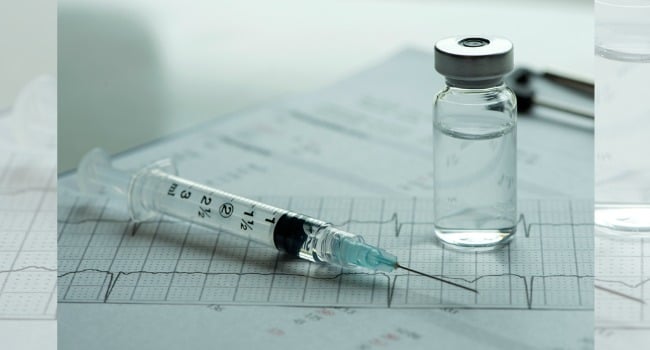
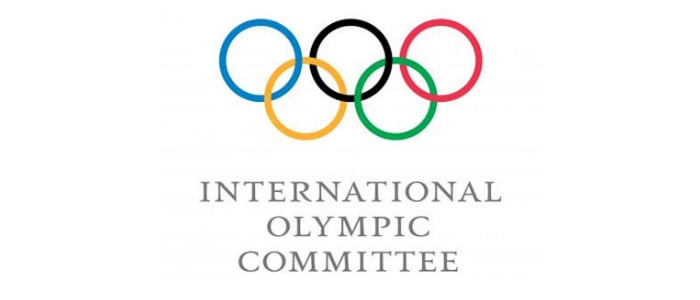

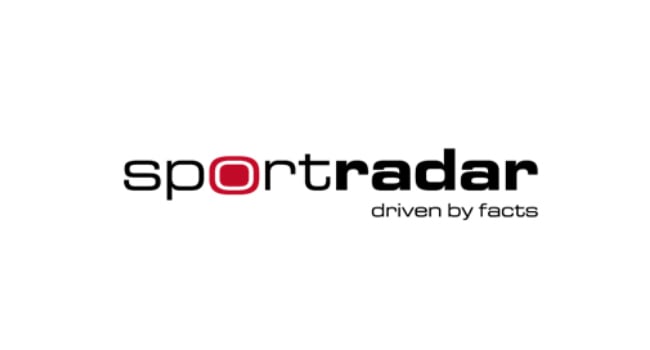



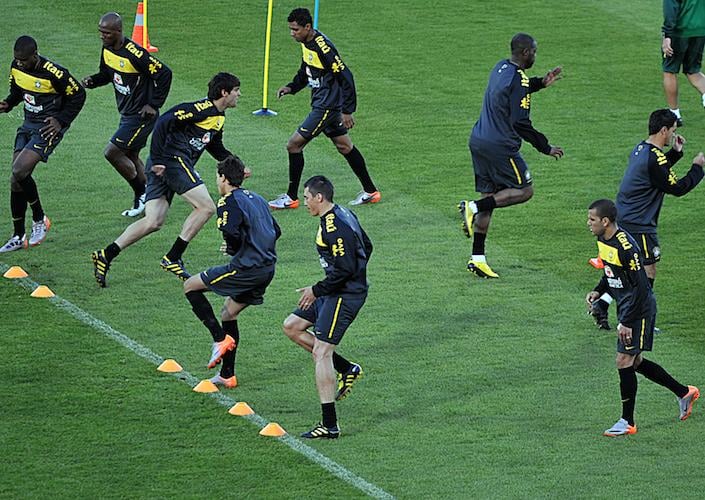


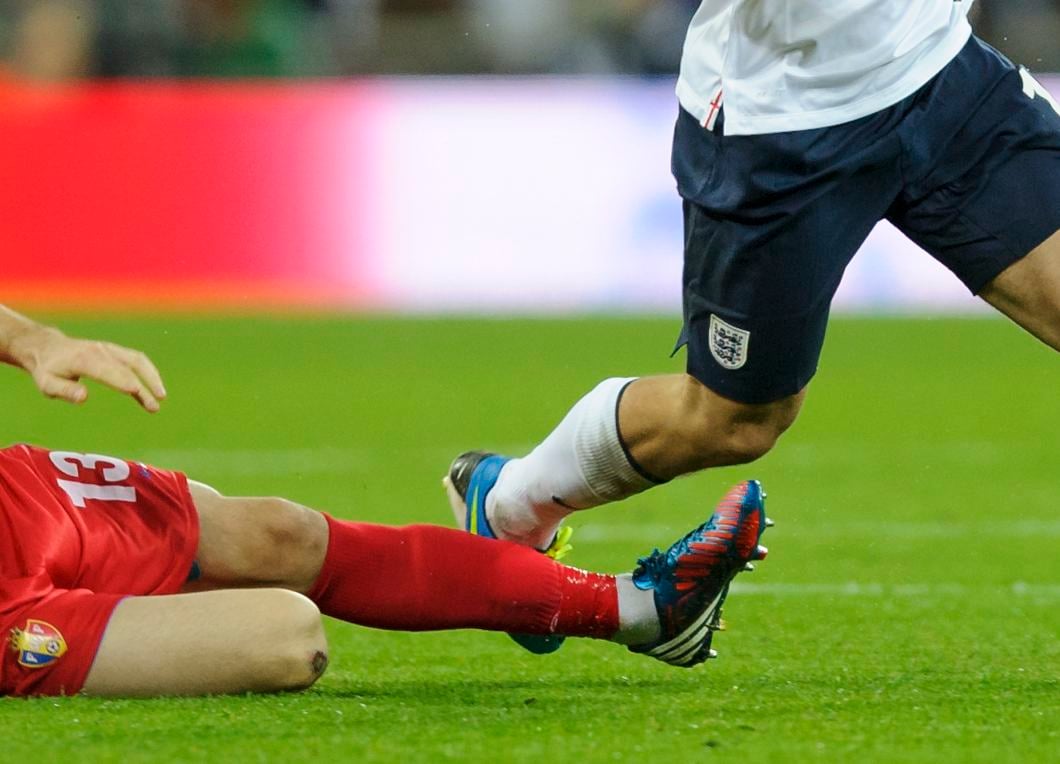
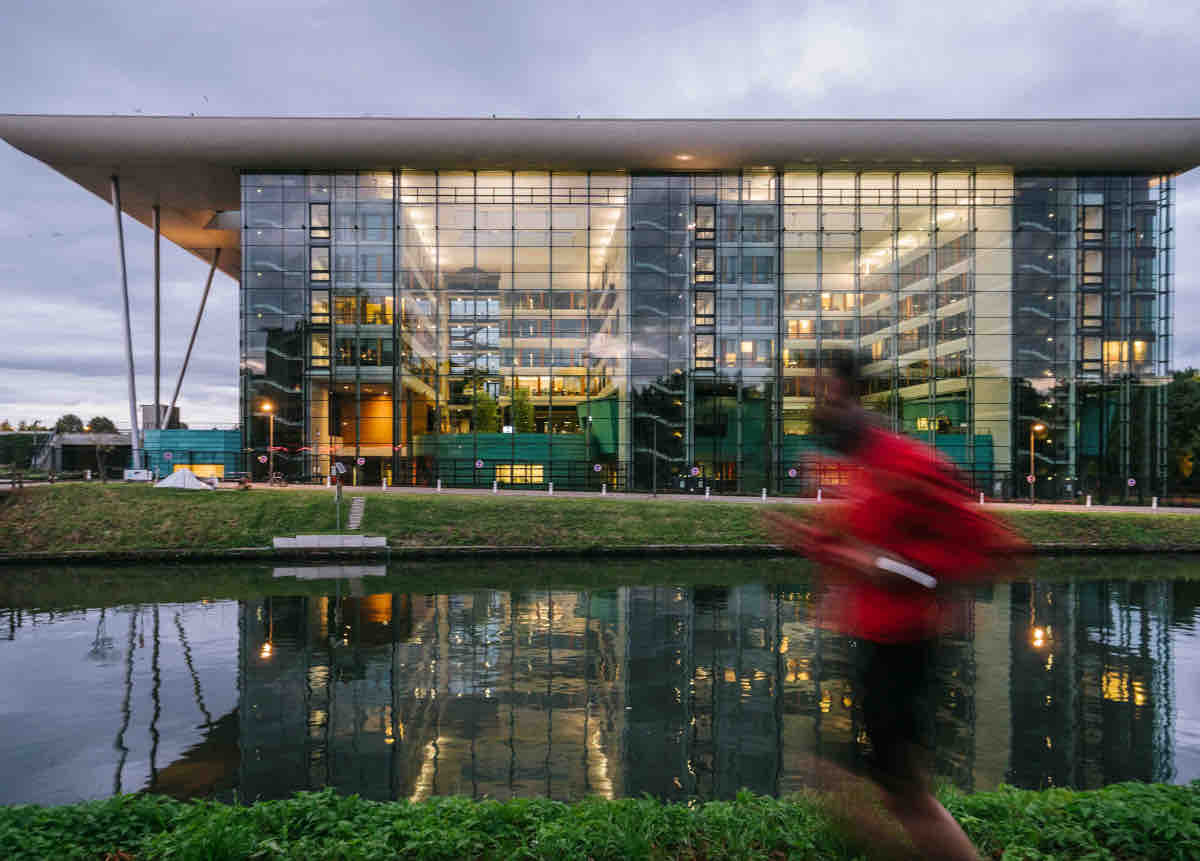







 Global Summit 2024
Global Summit 2024